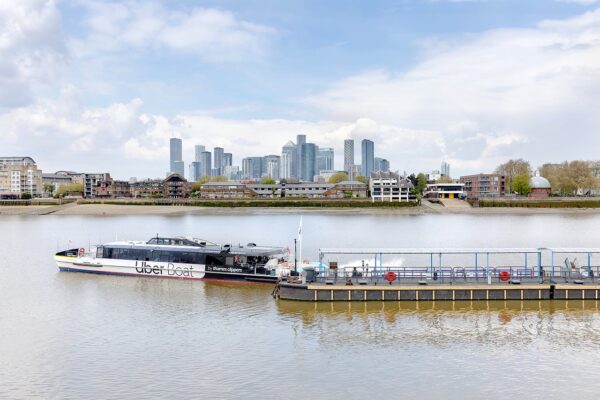Red Panda’s Journey Through Injury and Recovery
In a moment that shocked fans and players alike, renowned halftime performer Red Panda took a tumble off her unicycle during the WNBA Commissioner’s Cup final. This incident not only disrupted the show but also initiated a new chapter in her journey of resilience and recovery. Red Panda, known for her extraordinary balance and captivating performances, faced a sudden setback that left her unable to complete her act. The fall occurred during a high-stakes game between the Indiana Fever and the Minnesota Lynx, capturing the attention of thousands in attendance and millions watching at home. With the WNBA celebrating its athleticism and entertainment, Red Panda’s mishap underscored the unpredictable nature of performance art in sports. According to the WNBA, the league has seen an average attendance of over 7, 000 fans per game this season, making such moments all the more poignant.
The Impact of Injury on Performance Artists
Injuries, especially in high-energy environments like sports arenas, can be devastating. For performers like Red Panda, a fall can mean not just physical pain but also emotional turmoil. The psychological impact of an injury often includes fear of future performances and anxiety about returning to the spotlight. Research from the American Psychological Association indicates that around 30% of athletes experience psychological distress following an injury, highlighting the importance of mental health support during recovery. Red Panda’s fall serves as a reminder of the risks that performers face, paralleling the challenges encountered by athletes in the league. The WNBA has made strides in supporting player wellness, but the same attention must be afforded to its entertainers. As Red Panda embarks on her recovery journey, her story resonates with many who have faced similar challenges, showing that resilience is key to overcoming obstacles.
Community Support and Recovery
Following the incident, the outpouring of support from fans and fellow performers has been overwhelming. Social media platforms buzzed with messages of encouragement and well-wishes, demonstrating the strong community bond surrounding Red Panda. In a similar vein, the WNBA has been proactive in fostering a supportive environment for its athletes, which can also extend to performers. Studies show that social support can significantly enhance recovery outcomes, with a 2018 study indicating that individuals with strong community ties recover from injuries 25% faster than those without. As Red Panda navigates her recovery, the support from the community may play a crucial role in her healing process. This collective encouragement not only helps to uplift her spirits but also reinforces the idea that she is not alone in her journey, a sentiment echoed by many who have faced adversity in their professional lives.
Looking Ahead: The Road to Return
While the road to recovery may be long, Red Panda’s determination shines through. With a focus on rehabilitation and gradual return to performance, her journey is one of hope and perseverance. She has previously demonstrated the ability to overcome challenges; for instance, in a 2019 interview, she shared how she adapted her routines after minor injuries, emphasizing her commitment to her craft. The WNBA and its fans are eager to see her return, but it is essential to prioritize health and well-being above all. As Red Panda works through her recovery, her story will undoubtedly inspire others facing similar trials, proving that setbacks can lead to comebacks. The journey ahead may be uncertain, but with resilience and community support, the possibilities are endless.
Final Thoughts on Resilience in Performance
In conclusion, Red Panda’s fall during the WNBA Commissioner’s Cup final serves as a stark reminder of the unpredictability of performance art and the importance of resilience in the face of adversity. As she embarks on her recovery, her story resonates deeply with those who understand the challenges of overcoming injury. The community’s unwavering support highlights the power of connection and empathy, reminding us all that every journey, no matter how difficult, can lead to a triumphant return.




